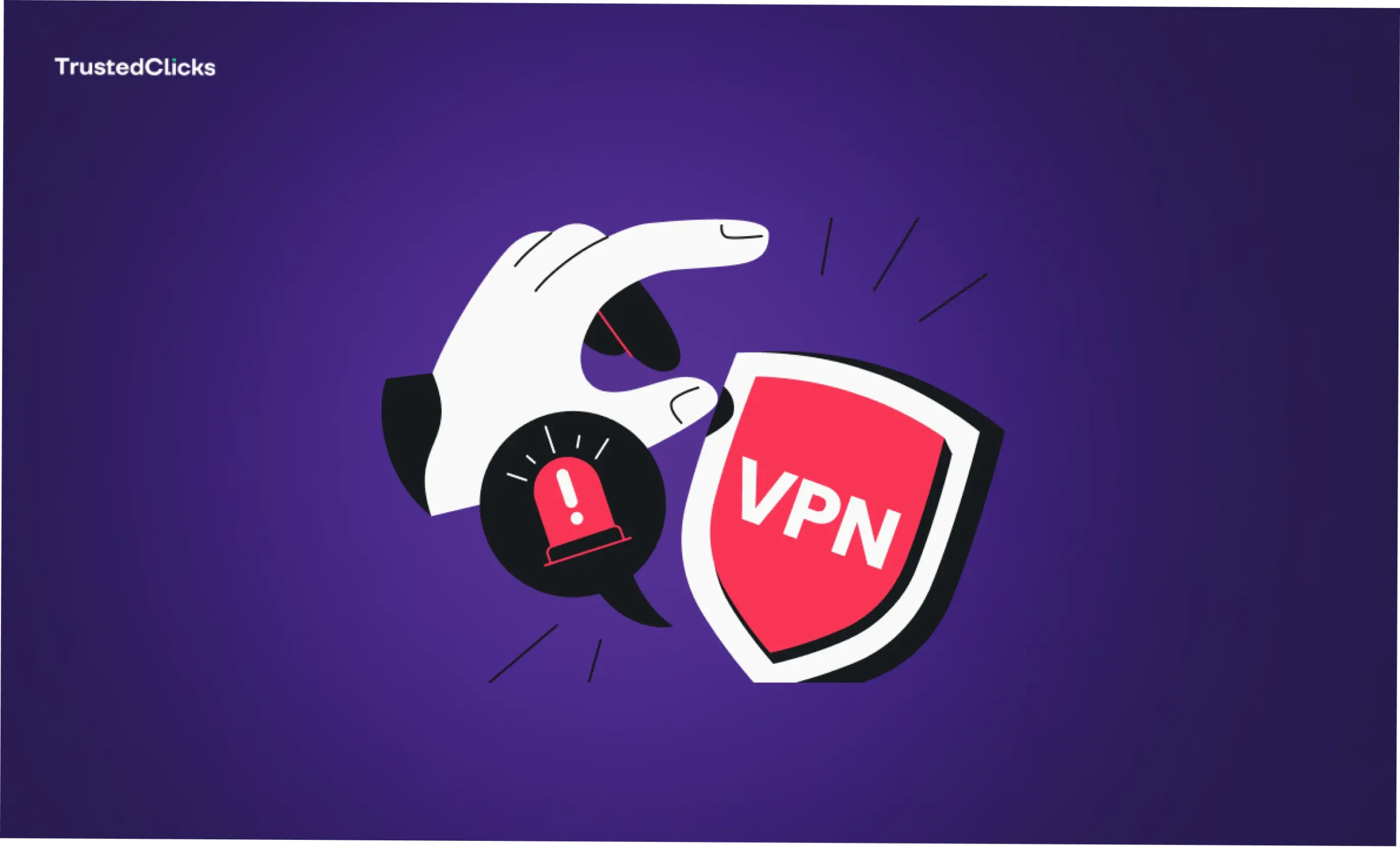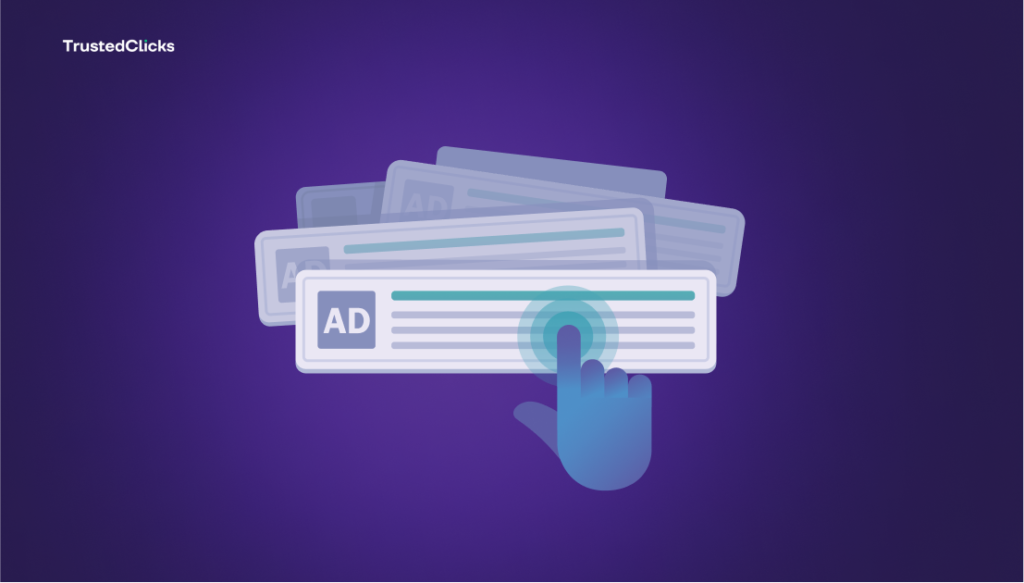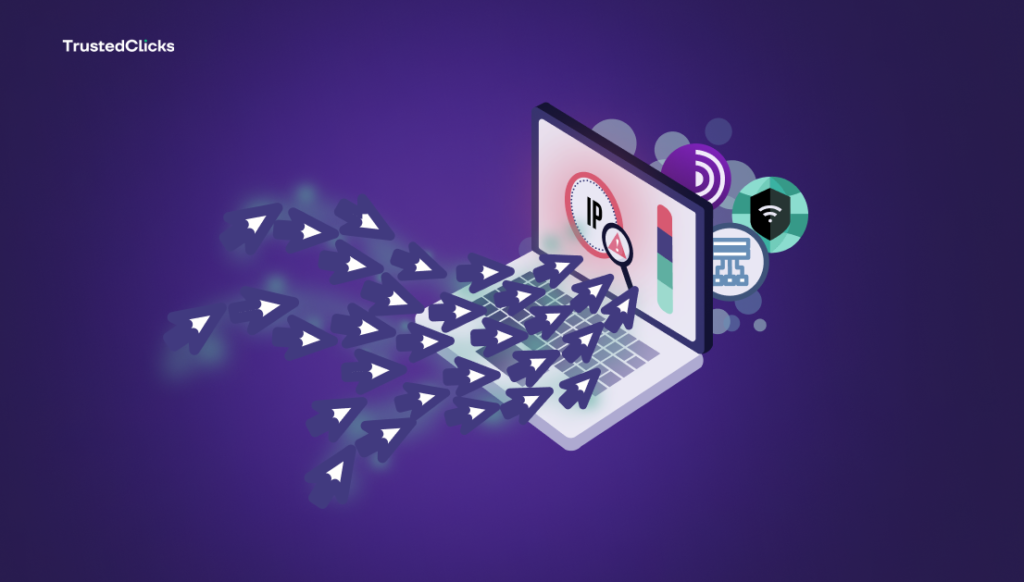- E-Commerce Security
Behind the Mask: The Truth About Unsafe Proxies and VPNs


In today’s digital landscape, online privacy and security are more critical than ever. As we navigate the web, we leave behind a trail of data that can be exploited by malicious actors, advertisers, or even governments. To counter this, many users turn to proxies and Virtual Private Networks (VPNs) to safeguard their online activities. However, not all proxies and VPNs are created equal—and in some cases, they can do more harm than good. This article delves into the risks of unsafe proxies and VPNs and how tools like IP scoring can help detect and mitigate these threats.
The Allure of Proxies and VPNs
Proxies and VPNs are widely marketed as solutions for:
Anonymity: Masking your IP address to prevent tracking.
Access Control: Bypassing geographic restrictions to access content.
Security: Encrypting your internet traffic to protect sensitive data.
While legitimate services can deliver on these promises, unsafe or poorly implemented proxies and VPNs can undermine your security and expose you to various risks.
What Makes a Proxy or VPN Unsafe?
Lack of Encryption: Some proxies, especially free ones, do not encrypt your traffic. This leaves your data vulnerable to interception by hackers or third parties.
Data Logging: Many unsafe services log user activities and sell this data to advertisers or other entities, defeating the purpose of privacy.
Malware Risks: Some proxies and VPNs are laced with malware that can compromise your devices.
IP Leaks: Poorly configured VPNs can expose your real IP address, rendering anonymity ineffective.
Shared Exit Nodes: Free proxies often use shared exit nodes, which can link your activities with others using the same IP, leading to reputational risks or even legal consequences.
Consequences of Using Unsafe Proxies and VPNs
The dangers of unsafe proxies and VPNs extend beyond individual users:
Compromised Security: Hackers can exploit these vulnerabilities to steal sensitive information like passwords, financial data, and personal details.
Fraudulent Activities: Unsafe services can be used as a gateway for fraud, spam, and phishing attacks.
IP Blacklisting: Shared or unsafe IPs often get flagged and blacklisted, impacting your ability to access websites or services.
How IP Scoring Helps Detect Unsafe Proxies and VPNs
IP scoring is a powerful tool for identifying suspicious activity and determining whether an IP address is associated with unsafe proxies or VPNs. By analyzing multiple factors, IP scoring can:
Identify High-Risk IPs: Detect IPs linked to spam, botnets, or known malicious activities.
Distinguish Residential from Data Center IPs: Residential IPs are typically more trustworthy, while data center IPs often indicate proxies or VPNs.
Monitor Anomalous Behavior: Track unusual activity patterns that might signal the use of an unsafe proxy or VPN.
For businesses, IP scoring can protect against fraud, improve cybersecurity, and enhance customer trust by ensuring secure interactions.
How to Protect Yourself
To avoid the pitfalls of unsafe proxies and VPNs, follow these best practices:
Choose Reputable Services: Opt for well-reviewed, paid proxies and VPNs with strong encryption and a no-logs policy.
Research Before You Commit: Check reviews and security audits of the service you’re considering.
Use IP Scoring Tools: Regularly analyze IP addresses for signs of malicious activity.
Enable Multi-Factor Authentication (MFA): Protect your accounts with an extra layer of security.
Frequently Asked Questions
What is an unsafe proxy or VPN ?
An unsafe proxy or VPN is a service used to mask an IP address, often employed for malicious activities such as fraud, spamming, or bypassing security measures.
These tools can make it difficult to identify the true origin of traffic.
Why is detecting unsafe proxies and VPNs important ?
Detecting unsafe proxies and VPNs helps businesses and organizations prevent fraud, account takeovers, and other forms of malicious activities. It ensures you can verify users and maintain the integrity of your systems. Detecting proxies and VPNs helps safeguard your systems from threats like fraudulent transactions, bot attacks, and unauthorized access. By identifying masked IPs, you can take appropriate actions to protect your digital assets.
Can I block traffic from specific regions or countries ?
Yes, our tool enables you to block traffic originating from specific regions or countries, which is especially useful for managing risks associated with high-fraud locationsor irrelevant traffic.
Is it illegal to check others IP addresses ?
Checking someone else’s IP address is not inherently illegal, but its legality depends on the context and purpose. For example, monitoring the IP addresses of visitors to your own website or network is typically allowed and often necessary for security and traffic management. Tracing an IP address is also legal as long as it is not done for unlawful purposes. Websites, apps, and internet service providers routinely collect IP addresses and related data as part of their operations. TrustedClicks uses IP tracking responsibly to calculate fraud risk scores, helping identify potentially suspicious or fraudulent activities. This process evaluates factors such as location and behavior patterns to maintain a secure and trustworthy online environment while adhering to privacy laws.
Conclusion
While proxies and VPNs can enhance your online privacy and security, choosing an unsafe service can have the opposite effect. By leveraging tools like IP scoring, you can identify and avoid unsafe proxies and VPNs, ensuring your digital footprint remains secure. Whether you’re a business or an individual, staying informed and vigilant is your best defense against the threats lurking behind the mask of unsafe proxies and VPNs.
Table of Contents
Join our community!
Subscribe to our newsletter for the latest updates, exclusive content, and more. Don’t miss out—sign up today!
Recent Posts

Geolocating Your Audience: Tips and Tools for Effective IP-Based Targeting
- 6 mins read

Top 10 Types Of Click Fraud
- 3 mins read

What Are The Differences Between Click Fraud and Invalid Clicks
- 4 mins read



